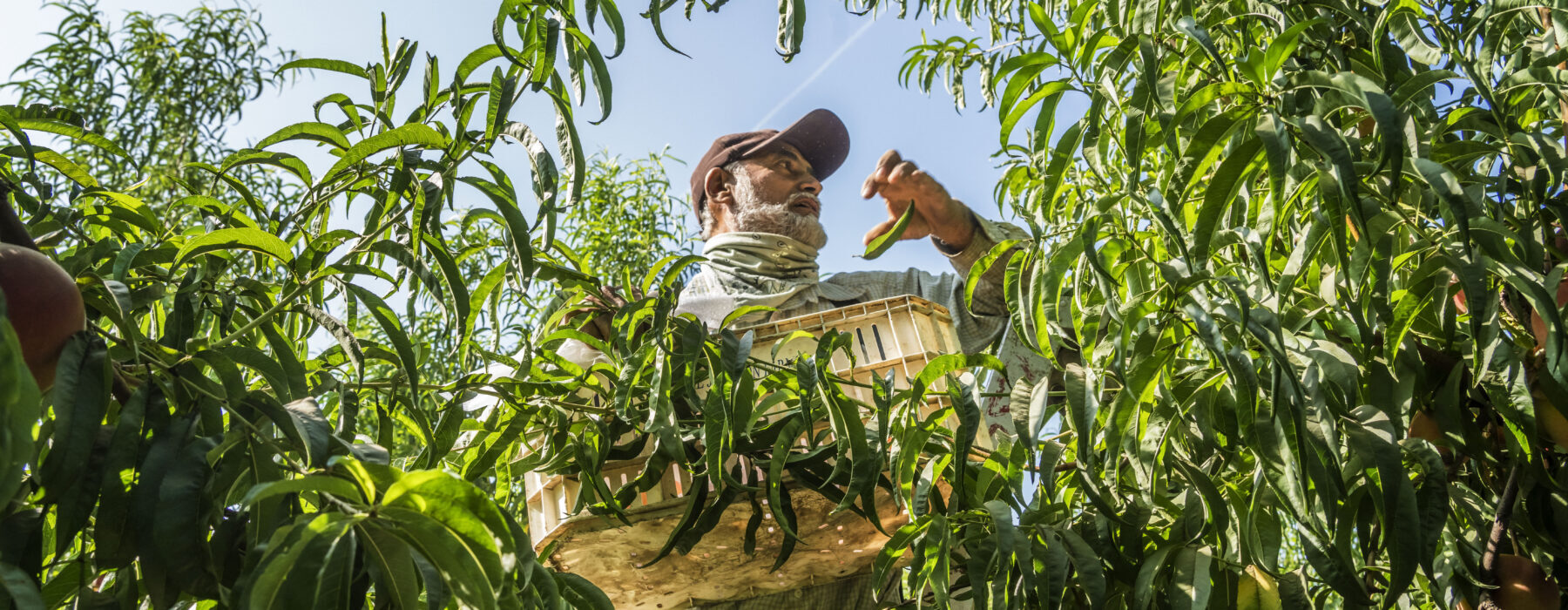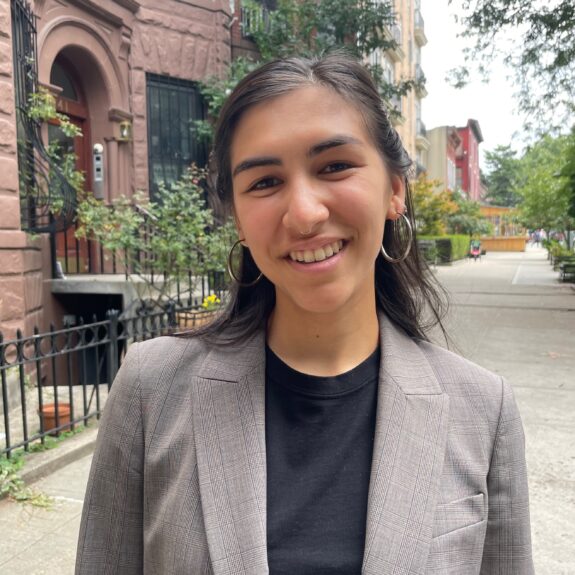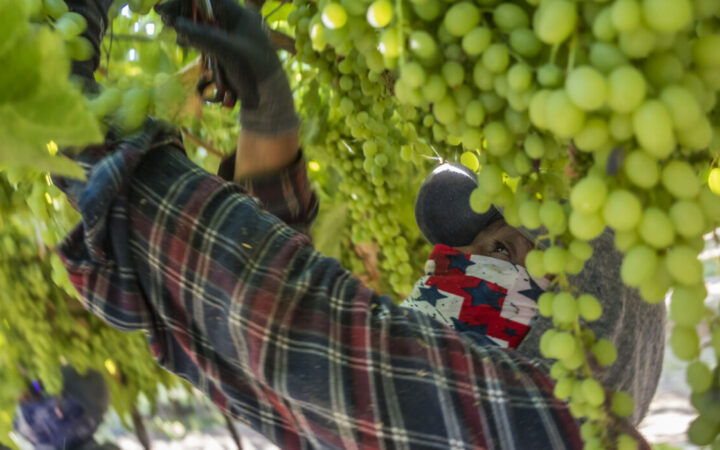This report determines that existing regulations for pesticide safety are often under-enforced due to systemic reporting issues, a complex federal and state enforcement system, and the conflicting responsibilities of some enforcing bodies. The report aims to prompt law and policy solutions formulated with the lived experience of farmworkers in mind.
Introduction
The use of pesticides is ubiquitous in our food system. In the United States, approximately 1 billion pounds of pesticides are applied annually across sectors. Nearly 90 percent of conventional pesticides are applied in the agricultural sector. As a result, farmworkers are routinely exposed at unusually high rates to chemicals that pose substantial risk to human health and safety. These risks are exacerbated by insufficient worker training and frequent improper handling and application.
Vermont Law and Graduate School’s Center for Agriculture and Food Systems released a report in 2021 entitled Essentially Unprotected, which contains a detailed overview of the landscape of pesticide laws at the federal and state level. As demonstrated in the report, there are still key gaps in existing law to sufficiently protect farmworkers. Given these significant gaps, it is particularly alarming that compliance with current protections appears woefully low. The failure to adequately enforce pesticide laws leaves farmworkers unprotected and at continued risk of injury and illness.
The system of pesticide law enforcement is complex and varies widely between states. This report seeks to explain some of the nuance reflected in the regulatory structure of enforcement while highlighting recommendations for consistency and improved health and safety outcomes. However, it is essential to note that poor compliance and enforcement are symptomatic of other issues, many of which plague farmworkers beyond pesticide exposure. For example, enforcement is considerably affected by workers underreporting exposure incidents and suspected violations due to fear of retaliation by their employers. Many farmworkers are undocumented or on an H-2A guestworker visa and thus face fears of deportation or blacklisting if they speak out against employer abuse.
Additionally, farmworkers often do not have access or resources to seek out medical attention after exposure. If they do, doctors may not be aware that their symptoms indicate pesticide poisoning or may not know how and to whom to report the incident. Even when doctors can draw the connection, not all states require that doctors notify health authorities or the state agency responsible for enforcement.
Acknowledgments
We thank the following people for reviewing this report: Jeannie Economos, Coordinator, Pesticide Safety and Environmental Health Program, Farmworker Association of Florida, Anne Katten, Director, Pesticide and Work Health and Safety Project, California Rural Legal Assistance Foundation, Margaret Reeves, Senior Scientist, Pesticide Action Network, and Mayra Reiter, Project Director, Occupational Safety and Health, Farmworker Justice. Thanks also to the interviewees cited throughout the report. Their generosity with their time and expertise helped to refine the focus of this report. The reviewers and interviewees did not review the final draft and do not necessarily agree with the report’s arguments and recommendations but provided enormously thoughtful guidance and feedback on its content. We thank them not only for their help with this report, but for the incredible work they do each day.
This report would not have been possible without the tremendous editing, production, and communications support of the following Center for Agriculture and Food Systems staff: Whitney Shields, Project Manager, Claire Child, Assistant Director, and Margaret Wilson, Communications Assistant. Thank you to Luis González, Vermont Law and Graduate School Research Assistant, for editing support.
Finally, and most importantly, we express our sincere gratitude to the farmworkers across the country who put themselves and their families at risk to feed, nourish, and sustain us.
Suggested Citation
Olivia N. Guarna et al., Vt. L. & Graduate Sch. Ctr. for Agric. & Food Sys., Exposed and at Risk: Opportunities to Strengthen Enforcement of Pesticide Regulations for Farmworker Safety (Sept. 1, 2022), https://www.vermontlaw.edu/sites/default/files/2022-09/Exposed-and-At-Risk.pdf.



